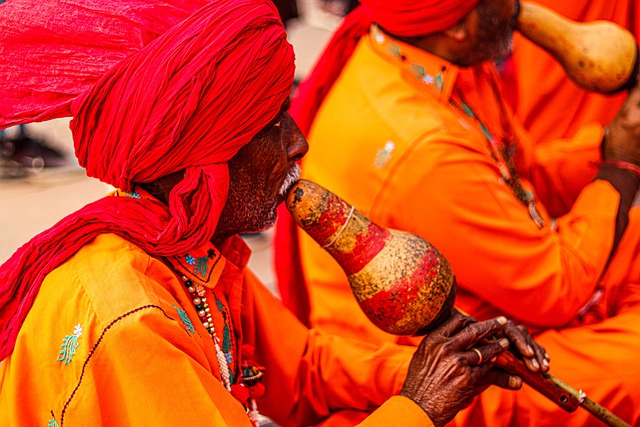Rebelling Against Tradition: The Evolution of Folk Music
Folk music has always been a powerful voice for the voiceless, a sound born from the experiences and struggles of everyday people. Yet, as we delve deeper into its history, we discover a fascinating story of rebellion and transformation that echoes profoundly with our own desires to push against the boundaries of tradition.
Origins of Folk Music
Traditionally, folk music emerged as a way for communities to express their stories, beliefs, and emotions through song. Every strum of a guitar or beat of a drum carried the weight of cultural heritage, connecting generations through shared experiences. However, as society evolved, so did the need to express dissent and seek change. This shift gave rise to a rebellious spirit within the realm of folk music, encouraging artists to challenge the status quo.
Folk Music as a Form of Protest
In the 20th century, the folk music revival marked a turning point as artists like Bob Dylan, Joan Baez, and Pete Seeger used their platforms to speak out against injustice, war, and inequality. Their songs became anthems for a generation eager to break free from the confines of established norms. This era highlighted the potent ability of folk music to serve not just as entertainment but as a rallying cry against societal issues.
The Shift Towards Innovation
As generations passed, the younger artists began to take this rebellious spirit and infuse it with new sounds and genres. The blending of folk with rock, jazz, and even hip-hop created a rich tapestry that made the music more accessible and relevant to contemporary listeners. This innovation was not without its critics; some traditionalists pushed back against these changes, claiming they strayed too far from the essence of folk music. However, this very rebellion against tradition has propelled the genre into exciting new territories, inviting fresh voices and stories into the mix.
Modern Folk: A Fusion of Cultures
Today, we see folk music continue to evolve, breaking boundaries and embracing diversity. Artists from various cultural backgrounds bring their unique influences, fusing traditional elements with modern sounds. This inclusive approach represents a collective rebellion against the singular narrative of what folk music should be. As listeners, we find ourselves resonating with these diverse expressions that reflect our own multifaceted identities and experiences.
Embracing Change
The evolution of folk music serves as a reminder that tradition is not a static concept. It is a living, breathing entity that thrives on change and adaptation. By rebelling against stagnant traditions, we invite new ideas and perspectives that challenge us to think critically and feel deeply. The artistry found in contemporary folk reflects a profound understanding that music is not just about preserving the past but about shaping the future.
If you find yourself drawn to the raw emotion and authenticity inherent in folk music, take a moment to appreciate its evolution. Recognize that within every note lies a spirit of rebellion against tradition—an invitation to explore, feel, and connect with the ever-changing tapestry of human experience.




